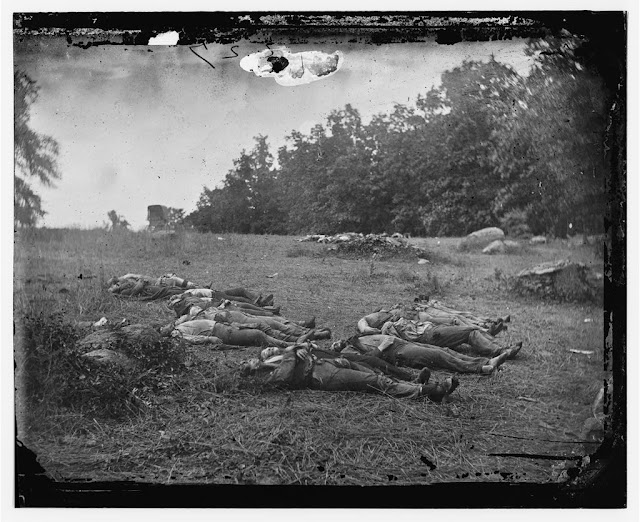Portia:
The quality of mercy is not strain'd,
It droppeth as the gentle rain from heaven
Upon the place beneath: it is twice blest;
It blesseth him that gives and him that takes:
'Tis mightiest in the mightiest: it becomes
The throned monarch better than his crown;
His sceptre shows the force of temporal power,
The attribute to awe and majesty,
Wherein doth sit the dread and fear of kings;
But mercy is above this sceptred sway;
It is enthroned in the hearts of kings,
It is an attribute to God himself;
And earthly power doth then show likest God's
When mercy seasons justice. Therefore, Jew,
Though justice be thy plea, consider this,
That, in the course of justice, none of us
Should see salvation: we do pray for mercy;
And that same prayer doth teach us all to render
The deeds of mercy. I have spoke thus much
To mitigate the justice of thy plea;
Which if thou follow, this strict court of Venice
Must needs give sentence 'gainst the merchant there.
William Shakespeare, 1564–1616
publ. 1596
SUPPLEMENTAL NOTES
from SparkNotes -
Even as she follows the standard procedure of asking Shylock for mercy, Portia reveals her skills by appealing to his methodical mind. Her argument draws on a careful process of reasoning rather than emotion. She states first that the gift of forgiving the bond would benefit Shylock, and second, that it would elevate Shylock to a godlike status. Lastly, Portia warns Shylock that his quest for justice without mercy may result in his own damnation. Although well-measured and well-reasoned, Portia’s speech nonetheless casts mercy as a polarizing issue between Judaism and Christianity. Her frequent references to the divine are appeals to a clearly Christian God, and mercy emerges as a marker of Christianity. Although it seems as if Portia is offering an appeal, in retrospect her speech becomes an ultimatum, a final chance for Shylock to save himself before Portia crushes his legal arguments.
from Bardweb -
...When mercy seasons justice. Therefore, Jew - From this point on, note how Portia keeps hammering at the words "justice" and "mercy" to make her point. Seasons (from the Middle English sesounen, deriving from the Anglo-French seisoné, meaning "brought to a desired state") is used in its archaic sense "to temper; to soften." Here's an interesting bit of trivia, by the way, since Portia is invoking God in this speech. The word "mercy" has 276 occurrences in the King James Bible, according to concordances; the word "justice" occurs 28 times. Ironically, the two have only one line in common: Psalm 89, verse 14 ("Justice and judgment are the habitation of thy throne: mercy and truth shall go before thy face").




